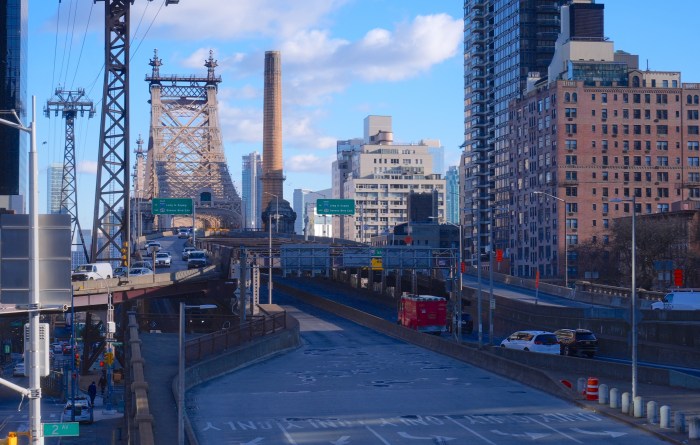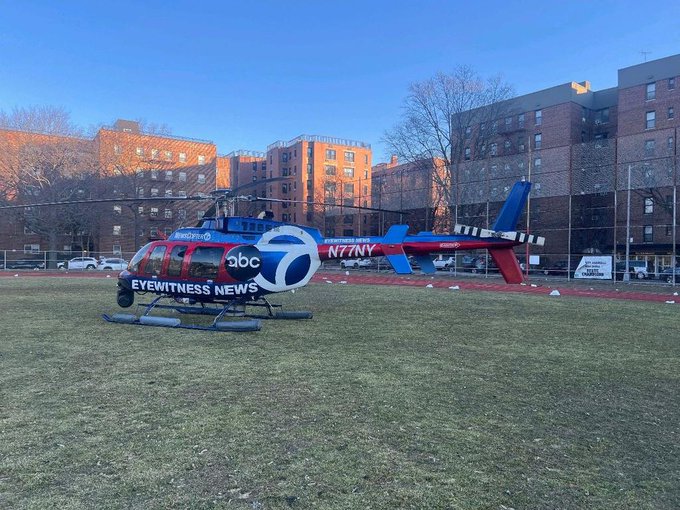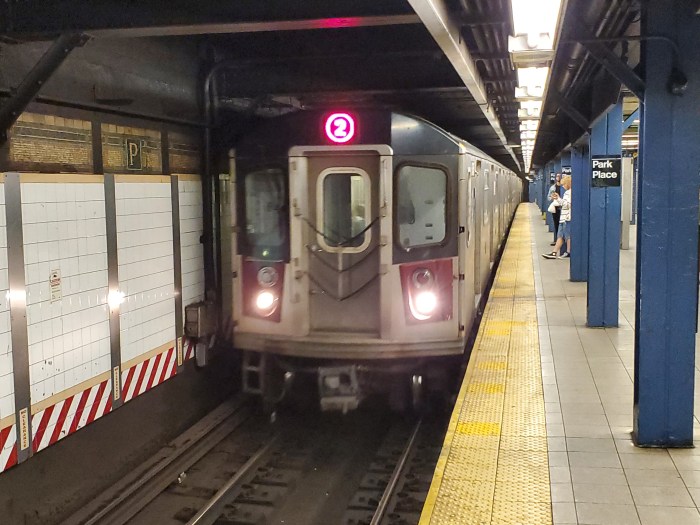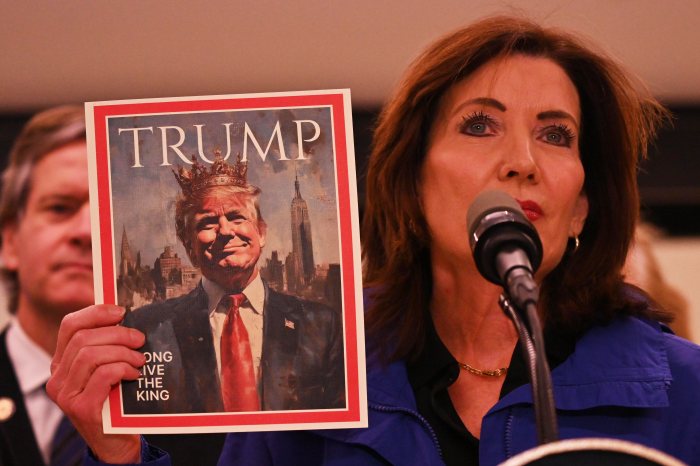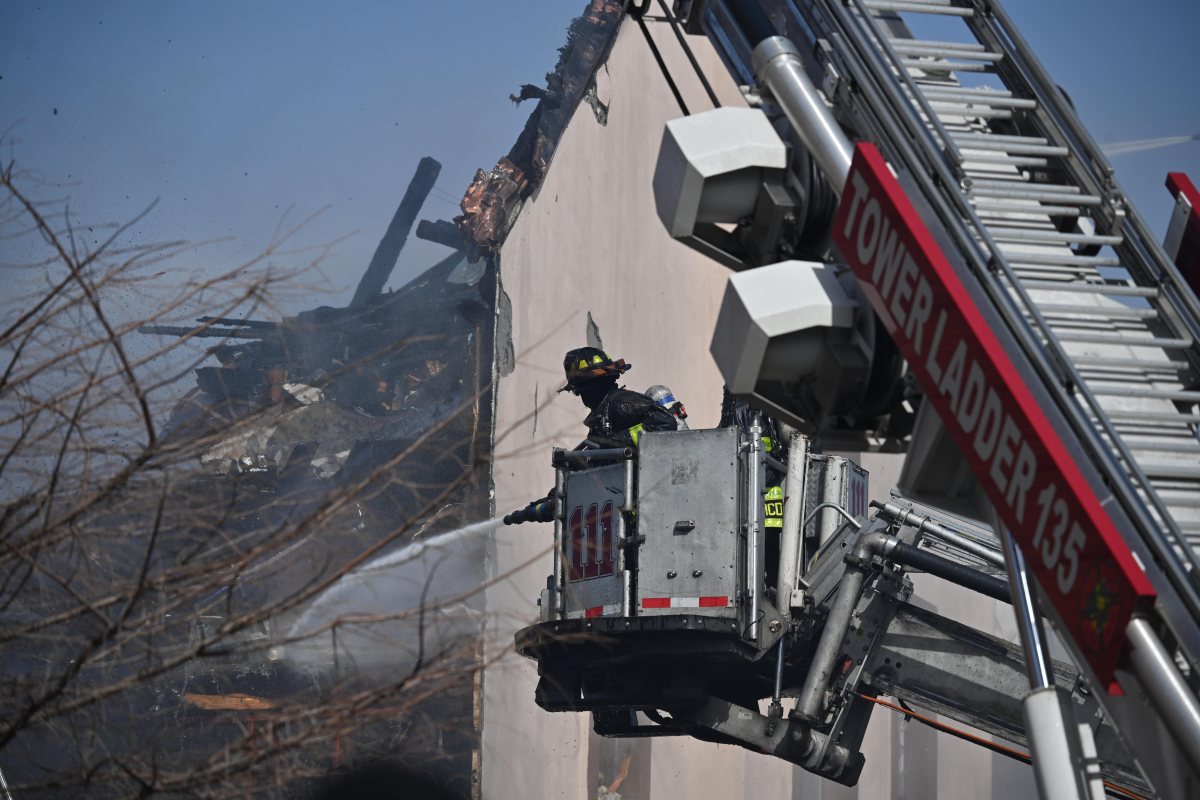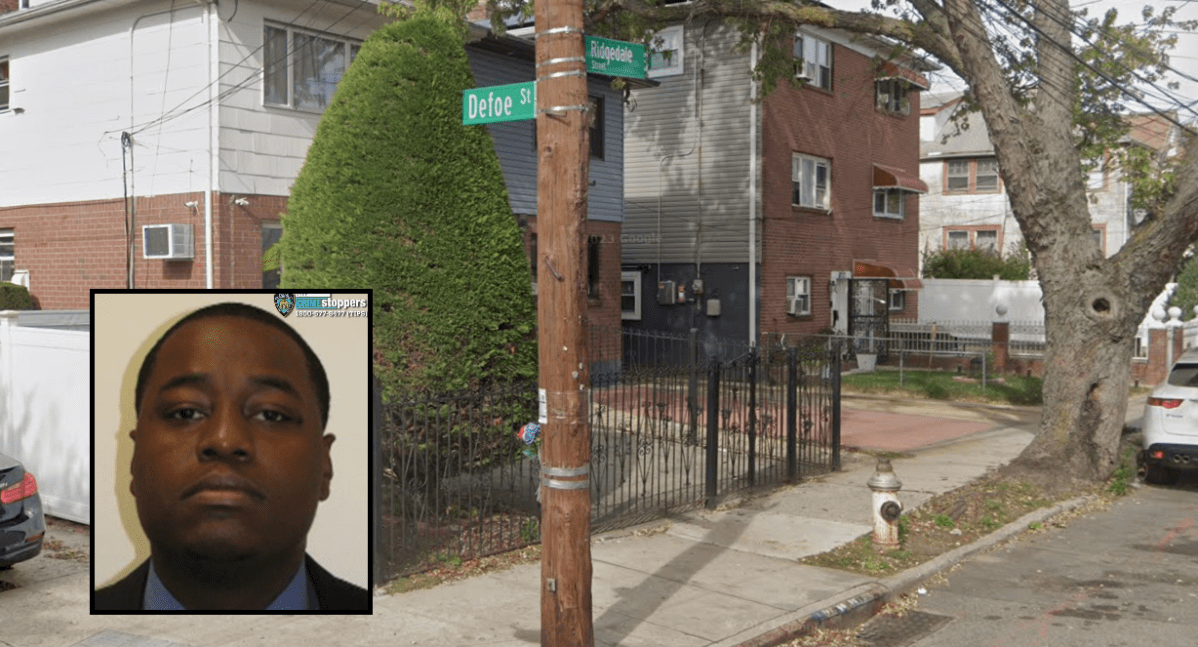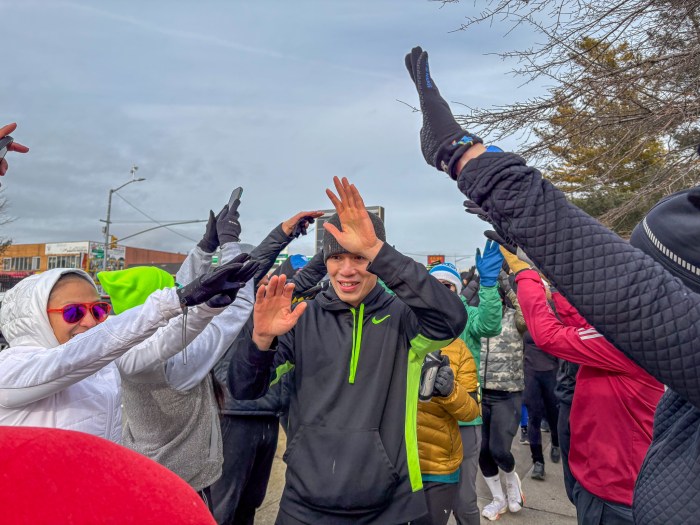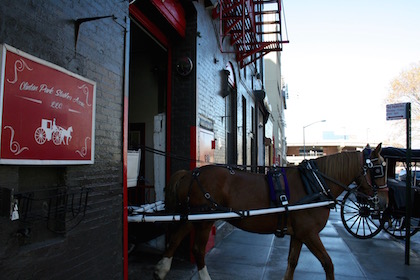
BY YANNIC RACK | The stable door has been shut, for the time being at least, on Mayor Bill de Blasio’s controversial plan to relocate the Hell’s Kitchen horse carriage stables to Central Park.
In the face of sudden opposition from the Teamsters union, which represents the carriage drivers, City Hall announced in a February 4 press release that the vote — scheduled for the Council’s full session the following day — was off.
“We negotiated in good faith with the City Council and the Teamsters to reach this agreement,” de Blasio said. “The terms of that agreement have not changed during these past weeks, but today the Teamsters decided to back away from the fair compromise they had previously endorsed.”
Administration officials emphasized that the vote was called off because of opposition from the union, which it had considered a vital partner in the deal, and not because of lack of support among councilmembers.
“While we are disappointed this bill will no longer be considered Friday, the people of this city know what I believe, and we will work toward a new path on this issue,” de Blasio said.
Critics of the plan had previously called on the Council to delay a vote on the bill, after questions about its content proved pervasive.
Carriage drivers, along with Brooklyn Councilmember David Greenfield, said this week that the administration should hold its horses and work out the details of the proposal — which they say would ruin business, and not just for carriage drivers.
“This plan is not even close to ready for the Council to vote on it,” said Greenfield, who criticized the administration at a disastrous hearing last month that saw the mayor’s representatives struggling to answer basic questions about the plan.
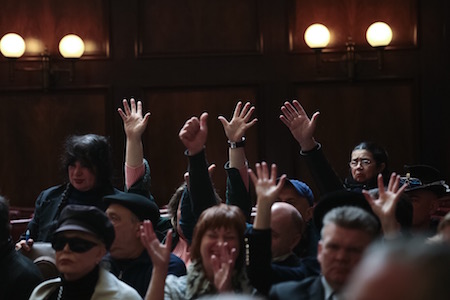
“The vote should be delayed until a proper study has been undertaken and all outstanding questions have been resolved,” he added.
The bill would have eventually reduced the industry’s 220 licensed horses to 95, with 75 animals allowed to work in the park at a time.
It would have also restricted pedicabs from operating in the park below 85th Street and seen an existing building along the 85th Street Transverse converted to a stable for the horses by 2018, with a new adjacent structure for the 68 licensed carriages.
But at the hearing in front of the Council’s Transportation Committee, City Hall reps were unable to say how many carriage drivers would lose their jobs, how much a new stable in the park would cost, or how pedicab operators would be affected.
A few days later, the mayor’s office circulated a “fact sheet” to councilmembers, which confirmed the price tag of $25 million for building the stable and estimated that 40-50 drivers would lose their jobs at the end of the year if the bill passes.
But Greenfield argued that many questions, such as whether the deal might still be changed after it is enacted, or how many pedicab drivers would have to give up their jobs, remain unanswered.
“The time to study whether your policy is going to put people out of work is before you put those people out of work, not after,” he said.
The Transport Workers Union also announced earlier this week that it would sue the city if it passed a law restricting the pedicab operators, who were not involved in the discussions for the bill but would nonetheless be banned from much of Central Park under the plan.
The de Blasio administration and the speaker of the Council, Melissa Mark-Viverito, had been heavily lobbying councilmembers to back the bill until the last minute — while some opposing labor groups were urging the lawmakers to vote “no.”
The Teamsters had originally supported the Central Park plan, which the union argued was a compromise to the outright ban on the industry de Blasio promised his mayoral campaign supporters in 2013.
But George Miranda, president of Teamsters Joint Council 16, made a last-minute U-turn one day before the scheduled vote, saying in a statement that the union opposed the plan.
“The Teamsters’ first priority is always our members and their livelihoods,” Miranda said. “With the legislation now finalized, our members are not confident that it provides a viable future for their industry.”
According to a spokesperson, the union had been negotiating the details of the bill until earlier this week and ultimately had to side with its members, who vehemently opposed the proposal’s timeline.
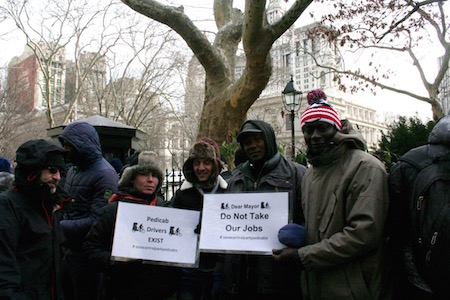
Under the current plan, the number of horses licensed to operate in the city would have been cut in half by this December, which carriage owners argued would unnecessarily damage their business long before the stable opens a few years down the line.
“We are opposed to the bill, and we’re opposed to it for the same reason we were opposed to it at the hearing,” said Christina Hansen, a carriage driver and spokesperson for the industry.
“This is not about working with the industry, this is about punishing the industry,” she said.
The Central Park Conservancy, which was not involved in the city’s discussions on the plan, last week also raised concerns about the impact of the stable — and new hack lines in the park — on the city’s most treasured green space.
In an email sent to park supporters, Conservancy president and CEO Douglas Blonsky, who also acts as the park’s administrator, said he saw too many unresolved issues in the bill, according to Capital New York.
New Yorkers for Clean, Livable and Safe Streets, or NYCLASS, the group that lobbied for a ban of the carriage industry during de Blasio’s 2013 campaign for mayor, reacted angrily to the announcement of no vote.
“The speaker’s decision to continue to place carriage horses in harm’s way is outrageous and wrong,” NYCLASS said in a written release. “Let’s be clear about what this cold-hearted delay means –– horses will continue their miserable nose-to-tailpipe existence, horses will continue to be hit and killed by city traffic, horses will continue to work until they are the equivalent of 80 years old, and horses will continue to be sold to slaughter. We have a sensible plan to protect the horses, and it deserves a vote. But instead the speaker is allowing the Teamsters to call the shots and allow the horses to suffer.”
As of February 5, it was not clear whether the bill would be amended, or brought back for another hearing in front of the Transportation Committee. The mayor said simply, “We will work toward a new path on this issue.”
For the carriage drivers, the news was a reason to celebrate after weeks with the threat of losing their livelihoods hanging over their heads.
Stephen Malone, who has driven a carriage in the city for almost 30 years, said the city’s proposal had been too severe to ensure a future for the industry.
“We’re all breathing a sigh of relief,” he said. “Now we’ll go back to work.”



